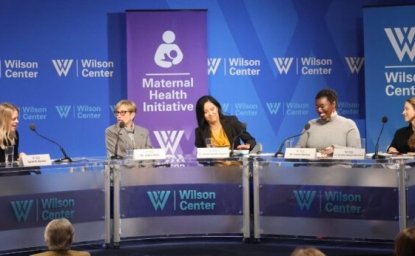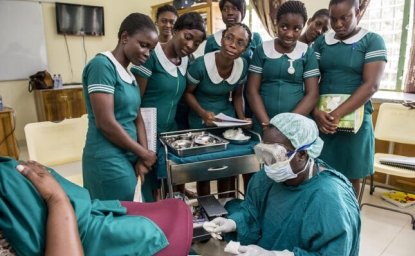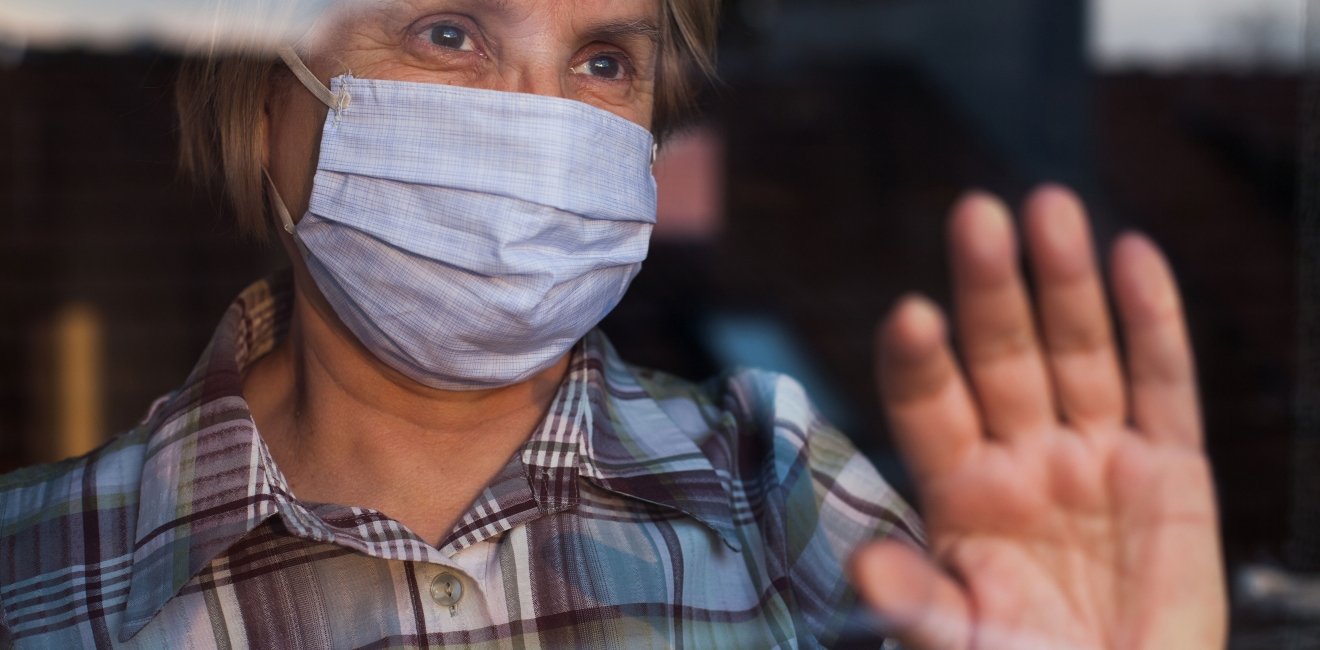Critical Challenge for the U.S. | Recovery Plans That Empower Women in U.S. Foreign Assistance
Despite the gendered impacts of the COVID-19 pandemic, policymakers have largely failed to consider the specific needs of women. Women are significantly underrepresented in COVID-19 task forces globally, and only 28 percent of recovery measures across 196 countries address the specific needs of women and girls related to the pandemic. It is critical that U.S. foreign policies enact and bolster gender proactive policy responses worldwide to safeguard decades of progress toward gender equality. Global recovery plans must include gender-responsive employment policies that address the gender-specific effects of COVID-19 on women’s work, health, and safety. Recovery plans must also be gender-inclusive and include women in informal, vulnerable, and/or unregulated employment, migrant women, women with disabilities, and pregnant and lactating women. Further, the care sector—both paid and unpaid—must be central in these plans.
Entities such as the Biden administration’s Gender Policy Council are vital to ensuring a strong recovery from the regression brought by COVID-19. They released the first-ever National Strategy on Gender Equity and Equality, which calls for a whole-of-government effort to advance equity in foreign and domestic affairs. Actions such as these, and the commitments that the United States made at the 2021 Generation Equality Forum, are needed to counteract the gendered impact of COVID-19. Foreign policy strategy should prioritize women’s leadership, the safety of female workers, and addressing the gendered burden of caregiving.

1. Maternal Health in Humanitarian Settings
Each day, 810 women around the world die from pregnancy or childbirth-related causes. Women and girls affected by conflict and crisis face a heightened threat of maternal mortality and morbidity. More than half of all maternal deaths occur in humanitarian and fragile settings, in part due to the increased occurrence of gender-based violence and harmful practices. In 2020, some 244 million people across 75 countries needed humanitarian assistance. Women and girls facing crisis and conflict are disproportionately affected by gender-based violence, exploitation, rape, and dangerous birth conditions. Forced migration and displacement have also been shown to negatively impact maternal and child health due to food insecurity, lack of clean water and sanitation, poor health care infrastructure, and lack of skilled birth attendants and maternal healthcare providers. Girls in
humanitarian settings also lack access to education, which can leave them vulnerable to exploitation, gender-based violence, unintended pregnancy, and child marriage. Addressing the growing crisis of maternal health in humanitarian settings is crucial.

2. The Devastating Effects of COVID-19 on Women’s Health, Work, and Safety
The COVID-19 pandemic has had an outsized impact on women. Even before the pandemic, women’s health, safety, and economic security were under threat. However, COVID-19 has added to the pre-existing challenges that women face globally, particularly health, paid and unpaid work, and safety. Women are more likely to be employed as essential workers, placing them at an elevated risk for COVID-19 exposure. Demands for unpaid caregiving have drastically increased and women have been forced to choose between their careers and their families. The pandemic has also had a significant impact on women’s safety, with reports of gender-based violence increasing significantly worldwide. It is essential to implement global recovery plans that are gender inclusive and proactive to address the gender-specific impacts of COVID-19.

3. Perinatal Mental Health
Globally, 15 to 20 percent of women will experience a perinatal mental health condition. Suicide and overdose are among the leading causes of death in the first year postpartum. However, 50-75 percent of people struggling never receive treatment, and prevention, early recognition, and treatment of perinatal mental health conditions is a challenge for health systems around the world. The COVID-19 pandemic has added stress for pregnant people, further exacerbating the perinatal mental health crisis. While there have been some policies and legislation introduced in the United States to provide care and support to pregnant people’s mental health, solutions are in demand globally. In order to provide care and support during the perinatal period, clinicians and health care providers need greater resources to translate the latest research into practical techniques and interventions.
Contributors


John O. Rankin Professor of International Affairs and Program Director, M.A. in International Affairs, George Washington University

Maternal Health Initiative
Housed within the Wilson Center's Environmental Change and Security Program, the Maternal Health Initiative (MHI) leads the Wilson Center’s work on maternal health, global health equity, and gender equality. Read more

Explore More
Browse Insights & Analysis
Closing the Women’s Health Gap: Research, Investment, and Eliminating Inequities

2024 Dot-Mom Guest Contributor Highlights


